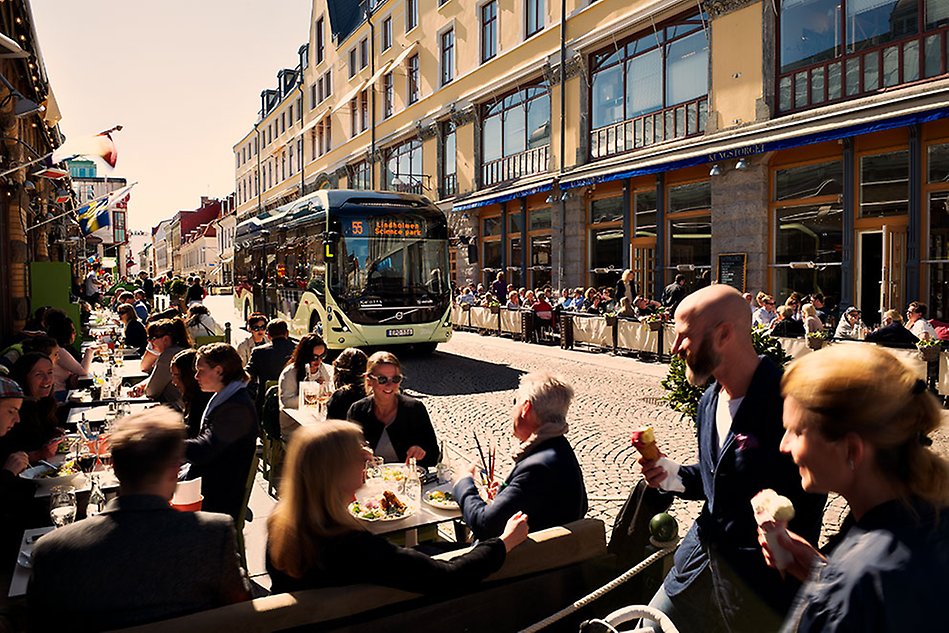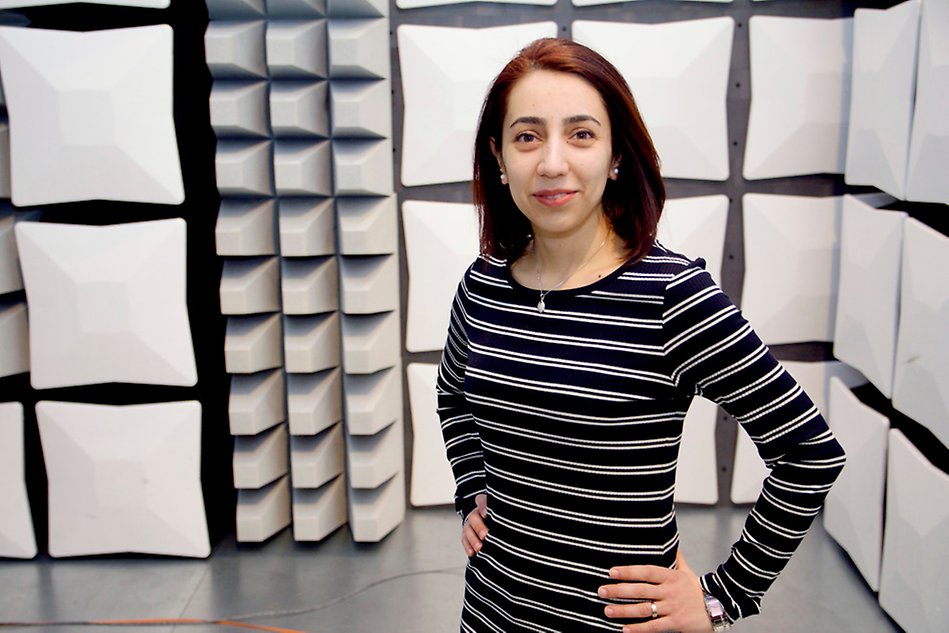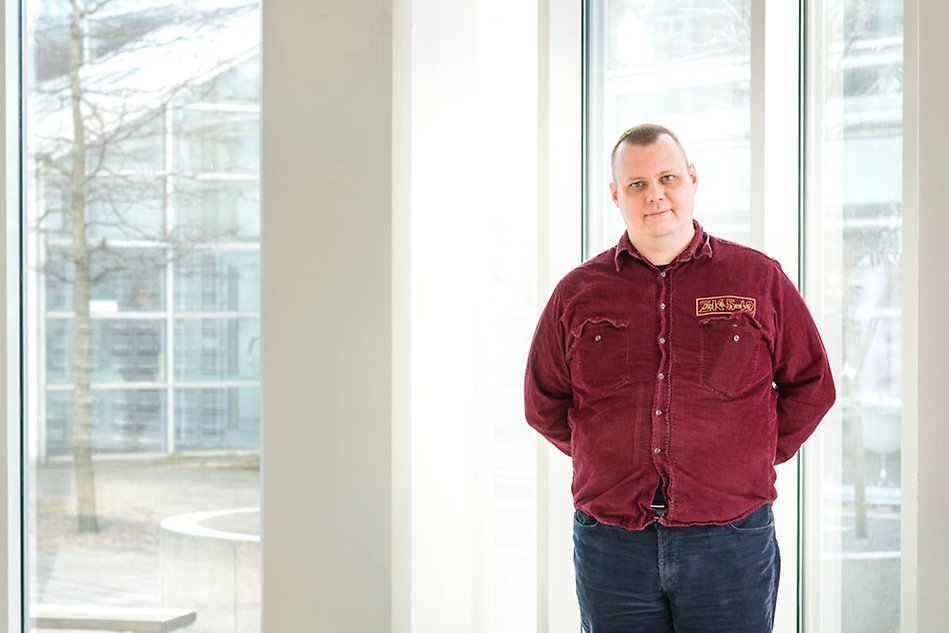Halmstad University starts a new collaborative research project with Volvo Group for more efficient electromobility
By applying artificial intelligence (AI) to predictive maintenance of electric-powered buses we can significantly prolong their lifetime. Halmstad University and Volvo Group have received SEK 15 million from Vinnova for the collaborate research project EVE (Extending life of Vehicles within the Electromobility era). The project’s goal is to facilitate the development of electromobility services and the transition to fossil free roads.

The research project’s goal is to facilitate the development of electromobility services and the transition to fossil free roads. Photo: Volvo
”Partnership is the key enabler to success, so creating an eco-system together with other organisations is vital. Halmstad University has so far been a reliable partner and we are building our collaboration on transparency and trust.”
Marco Spiga, Senior Consultant at Volvo Group
Electromobility (e-mobility), which is a general term for all electric-powered vehicles, is a large part of the ongoing shift towards sustainable transportation of goods and people. Assistant Professor Sepideh Pashami is the project leader of EVE at Halmstad University:
“Electromobility will lead to a change in how we see and use vehicles. Electrification of transport is happening right now. However, it is hindered by high costs and lack of customer confidence, as well as the limited experience that OEMs (original equipment manufacturer) have in this area. New solutions based on analysing data and artificial intelligence allow for close monitoring of assets and fast reaction times, which are critical factors for wide acceptance of electromobility”, says Sepideh Pashami.
Marco Spiga is a Senior Consultant at Volvo Group and the Volvo Pilot for EVE:
“Improving our knowledge about the electric-asset utilisation is not an optional organisational luxury, it is a necessity if we want to excel and take a leading position within electromobility. Partnership is the key enabler to success, so creating an eco-system together with other organisations is vital. Halmstad University has so far been a reliable partner and we are building our collaboration on transparency and trust”, says Marco Spiga.

Assistant Professor Sepideh Pashami is the project leader of EVE at Halmstad University.
AI models for better vehicle maintenance
Vehicles are complex systems and it is difficult to provide efficient maintenance, especially when a new technology, like electromobility, is introduced. The EVE project aims to develop AI models for all vital components in the electrical driveline of heavy-duty vehicles, such as buses and trucks. By applying these models to predictive maintenance services, Volvo can predict when equipment failure will occur and prevent it from happening. By performing maintenance in the right way at the right time, the lifetime of the vehicles can be extended.
“Hybrid and fully electric buses must take advantage of predictive maintenance services based on machine learning in order to remain competitive in the market, despite their increased cost. Predictive maintenance is enabled by the possibility of collecting more precise and extensive data. For example, the main battery is responsible for a large portion of the vehicle’s cost, and is expected to last more than 10 years. In the project we will, among other things, create data-driven models for battery health degradation which will lead to a more efficient maintenance and thus a longer battery lifetime”, says Sepideh Pashami.
Text: Louise Wandel
Photo: Lotta Andersson and Joachim Brink
Top photo: Volvo Group

“This project is a very important extension of our long-standing collaboration with Volvo Group, since we are now exploring the new and very exciting area of electromobility. It is a crucial part of Halmstad University’s Smart Cities and Communities profile area, since it addresses the sustainability challenges in an innovation-driving way”, says Slawomir Nowaczyk, Associate Professor and Research Leader at the School of Information Technology.
More information about EVE
The EVE project will run over four years, from 01/05/2019 until 30/04/2023. The project partners are Volvo Group Connected Solutions (VGCS) as the coordinator, Volvo Bus Corporation (VBC) as problem owner, and Halmstad University as research environment. The total project budget is 35 MSEK, with 43 percent (15 MSEK) public funding from Vinnova and 57 percent (20 MSEK) co-funding by VGCS and VBC.
The project team at Halmstad University consists of Sepideh Pashami and Slawomir Nowaczyk at the moment, but they are in the process of hiring a PhD student and a Postdoc to work in the project. The research within EVE is done at the Center for Applied Intelligent Systems Research (CAISR) at the School of Information Technology.
“This project is a very important extension of our long-standing collaboration with Volvo Group, since we are now exploring the new and very exciting area of electromobility. It is a crucial part of Halmstad University’s Smart Cities and Communities profile area, since it addresses the sustainability challenges in an innovation-driving way”, says Slawomir Nowaczyk, Associate Professor and Research Leader at ITE.

